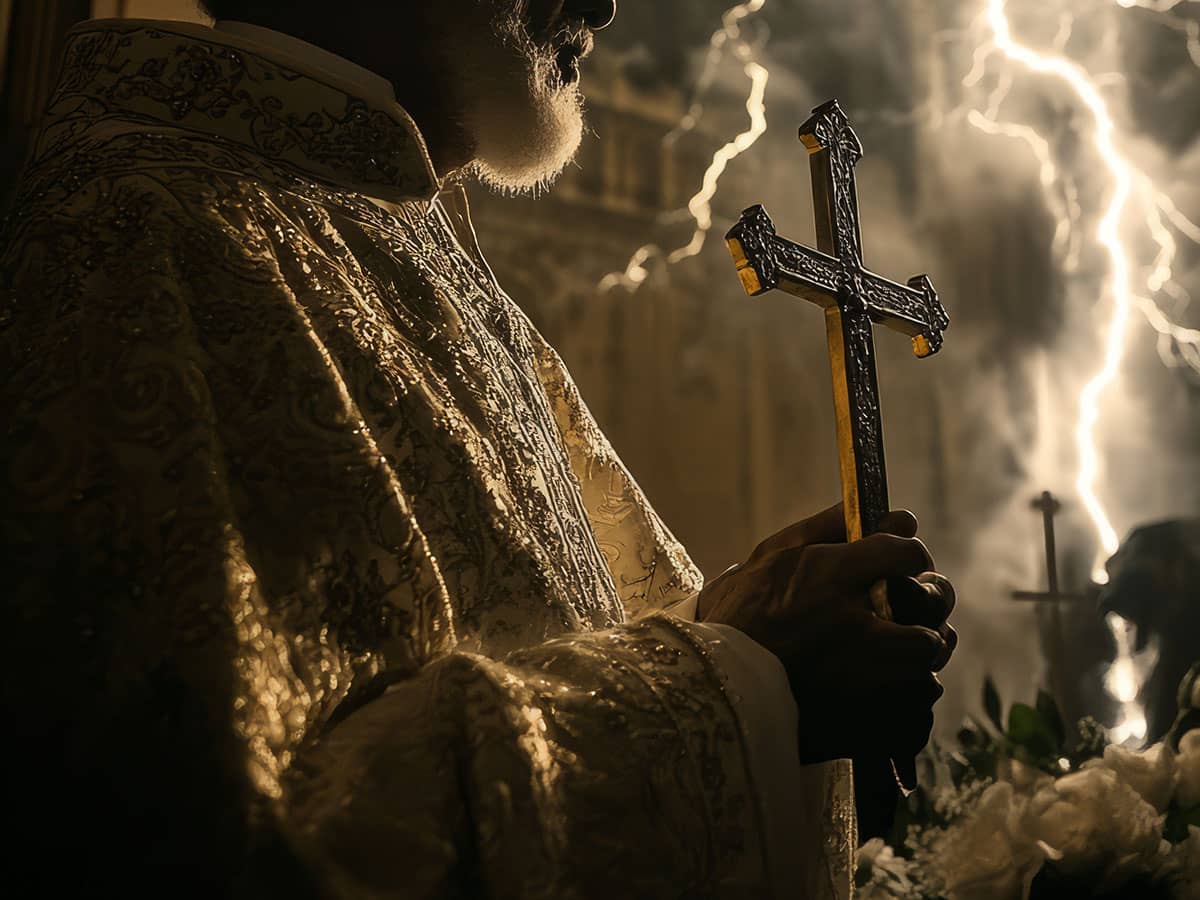If a Pope's first encyclical sets the tone of his pastorate, than Papa Benedetto appears to be setting a course for moderation and healing in the years to come, a course that the Catholic church desperately needs. The Catholic "culture wars" between a minority who would reverse the Second Vatican Council and a minority which invoke it for their own agenda have created an atmosphere of rage in the Church with which the Church can do without. Certainly the citations from the Council in God is Love indicate that the Pope has no intention of revoking the Council.
Moreover, the explicit link between divine love and sexual love, would have been impossible without the Council (though of course it has been implicit in the Catholic tradition since St. Paul). John Paul II in the audience talks during his early pastorate spoke on the same subject, but without the incisive clarity of the Encyclical. I apologize to the Pope for my doubts that German theologians can ever speak clearly (Shanty Irish Prejudice!).
God is Love offers a model, a paradigm, an ideal type for relationships among Catholics - God and humans, man and woman, parents and children, priests and parishioners, bishops and priests, the Pope and bishops, everyone and everyone else. There can be no pretense that Catholics have lived up to that model down through the ages or do so even today. Weak and flawed human beings that we are, we often fail badly. I receive large batches of e mail every day from laity complaining about their pastors and bishops, from abuse victims who want justice , and from gays who believe that the Church hates them.
We have failed to honor the ideals of love...
Read more on page 2 >>
| _Related Features | |
|
| |
 |
To create this list is not to suggest in the present context solutions, other than to ask whether we should consider them from the perspective of the God who is love. If one considers these folk in the light of God is Love, it becomes clear that there is a lot of work to do.
A conclusion one might draw from the Pope's analysis is that the love between man and wife should in some sense be a model for all relationships were love is required. The Pope says love is the act of the self-giving, from God on down. It is essential to the marital gift of self that spouses listen to one another, patiently, constantly, sensitively. Many of the people in the above list feel that church leaders do not listen to them, do not give themselves in the relationship. A listening church would be far more attractive to its members and to others than the present church which sometimes seems incapable of listening.
Pope Benedict has disappointed many of those who were enthusiastic about his election and who are now demanding that he reform his policies. They object to his failure to "clean out" the Curia, to his appointments, (both to his own previous office and to San Francisco), to his reluctance to deal with those who say that gays may still be priests, and especially to his tolerance toward the Jesuits. The rants of such folk are certainly within their rights to express personal opinions to the Pope.
Nor is it for me to say how he will react to such claims of special access to the Pope. That is between him and them. Father Hans Kung, a one-time and now-again personal friend of the Pope, argued immediately after his election that one should give him time before making judgments. This refusal to rush to judgment was excellent advice.
Benedict seems likely to follow his own insights, hopefully after listening.
| _Related Features | |
|
| |
 |

